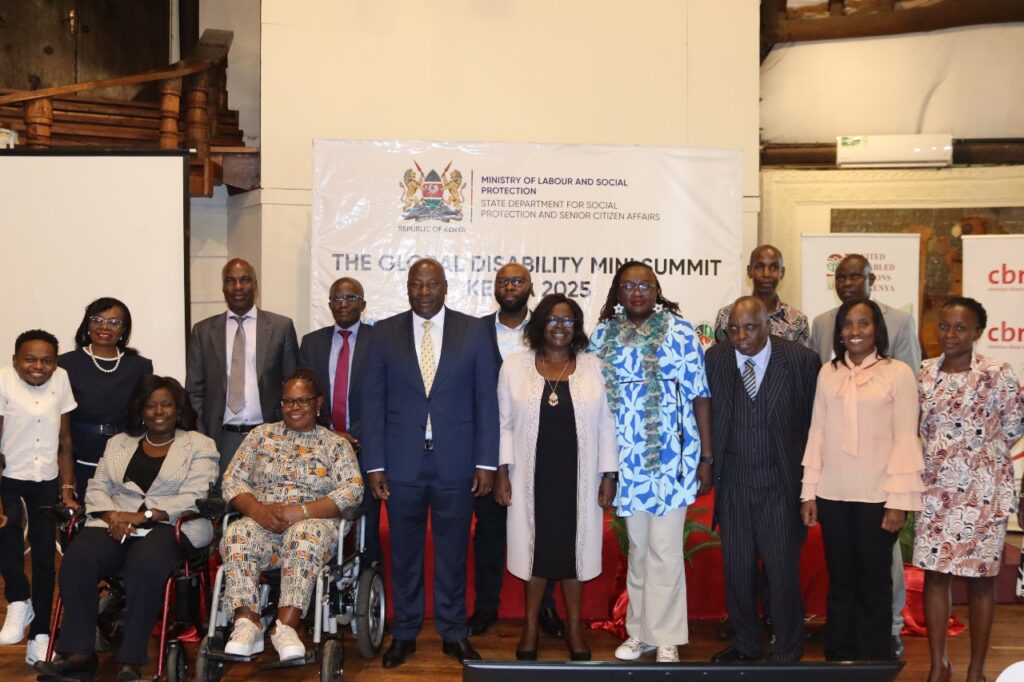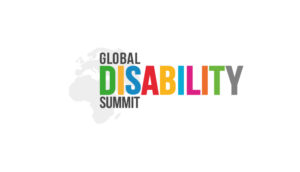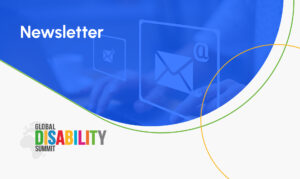
The GDS Mini Summit, Kenya, held in Nairobi on 26-28 February 2025, brought together 200+ participants, serving as a significant milestone in the lead-up to the Global Disability Summit 2025 in Berlin. Organized by the Directorate of Social Development, under the Ministry of Labour and Social Protection, Government of Kenya, the mini-summit provided a platform to assess progress, reaffirm commitments, and chart a path forward for disability inclusion across Africa.
The mini-summit was designed to review Kenya’s advancements regarding the commitments established during the 2018 and 2022 Global Disability Summits. It sought to build on the successes of prior gatherings while enhancing collaboration in preparation for the upcoming Summit in April in Berlin, Germany. The focus was on evaluating both achievements and challenges in disability inclusion, facilitating stakeholder engagement, and formulating practical strategies to bridge existing gaps. Additionally, the summit provided participants with advocacy resources and gathered insights to guide Kenya’s involvement in the Global Disability Summit.
Kenya’s Leadership in Disability Inclusion
The conference officially commenced with a keynote speech by the Principal Secretary, Department of Social Development who emphasized Kenya’s leadership in disability inclusion and the need to forge strong commitments for the 2025 Global Disability Summit in collaboration with Organizations of Persons with Disabilities (OPDs). Reaffirming Kenya’s active role in past summits, he stressed the importance of making the 2025 commitments robust and actionable, focusing on key areas such as employment, education, healthcare, accessibility, and political participation. He highlighted ongoing efforts, including vocational training, social protection initiatives, and inclusive policy advancements, underscoring the government’s dedication to ensuring the rights of persons with disabilities remain a national priority. Calling for candid discussions to identify gaps and solutions, he urged all stakeholders to unite in shaping Kenya’s commitments for GDS 2025 and affirmed that Kenya will be represented in Berlin as a united front.
Eva Njoroge, Acting Executive Director and CEO of the National Council for Persons with Disabilities, highlighted Kenya’s progress in advancing disability rights. She emphasized the Council’s role in strengthening legal frameworks, advocating for the Persons with Disabilities Bill 2023, and enhancing inclusive education through scholarships and accessible learning institutions. She also addressed employment and economic empowerment, discussing Kenya’s commitment to the 5% disability employment quota and initiatives to connect job seekers with employers. On accessibility, she outlined infrastructure audits and engagement with the aviation sector, along with the provision of assistive devices to over 7,500 individuals. She called for the reinstatement of disability mainstreaming in public sector performance contracts to ensure government accountability.
Strengthening Governance and Policy Implementation
Sally Nduta, Chief Executive Officer of the United Disabled Persons of Kenya (UDPK), opened the discussions by emphasizing the growing inclusivity and representation of persons with disabilities in governance. She applauded efforts by the Independent Electoral and Boundaries Commission (IEBC) and the Registrar of Political Parties but stressed the need for stronger policy implementation. Calling for urgent action, she highlighted the importance of enacting the Persons with Disabilities Bill and the National Disability Policy, enforcing the 5% employment quota, and improving health insurance coverage for persons with disabilities. She also emphasized intersectionality, advocating for the inclusion of marginalized groups such as persons with intellectual disabilities, women and girls with disabilities, and those displaced by crises. Her remarks underscored the necessity of a holistic and inclusive approach to ensuring no one is left behind.
Corporate Commitment to Inclusion
Peter Ndegwa, Head of Talent and Group HR at Safaricom, reaffirmed the company’s commitment to disability inclusion. Since making three commitments at GDS 2018, Safaricom has embedded diversity, equity, and inclusion into its core strategy. This has led to an increase in the representation of employees with disabilities from 1.7% to 3.1%, with a target to hire 30 more employees with disabilities by March 2025. Ndegwa highlighted Safaricom’s collaborative efforts with organizations such as Sightsavers, OPDs, NGOs, and government agencies to drive inclusive employment and financial accessibility. He emphasized that true disability inclusion requires collective action across all sectors to ensure persons with disabilities are central to decision-making and development efforts.
Aligning Africa’s Voice for GDS 2025
Eric Ngondi, Board Member of the Africa Disability Forum (ADF), emphasized the Nairobi Declaration as key reference points for Kenya’s commitments. The declaration called for strengthening legal and policy frameworks, ensuring inclusive data collection, and providing sustainable financial support for OPDs. The declaration laid the groundwork for Africa’s representation on the global stage, ensuring that disability inclusion remains a key priority in development discourse. The full declaration can be accessed here.
Mirriam Nthenge of the International Disability Alliance (IDA) spoke about the upcoming GDS, drawing attention to one its most awaited outcomes — the Amman-Berlin Declaration, which calls for ‘15 percent for the 15 percent’, ensuring that 15% of international development programs are explicitly dedicated to disability inclusion while fully integrating disability rights across all programs. She also underscored the need for meaningful engagement of OPDs to shape and monitor these commitments, ensuring long-term impact.
With the Global Disability Summit 2025 on the horizon, the Kenya mini-summit served as yet another pivotal moment to align Africa’s priorities for meaningful global engagement. The discussions highlighted the need to move beyond rhetoric and ensure that commitments translate into tangible change. By fostering a collaborative and inclusive approach, stakeholders reaffirmed their dedication to building a more equitable world where persons with disabilities are empowered to participate fully in society.
Watch the media coverage of the event here:
https://youtu.be/ByAlZMWZn7Q?si=Q3QR_V5JPXklAR75
https://youtu.be/dyU_DSPS4bo?si=DVKL8ykSEzVKGPH2

